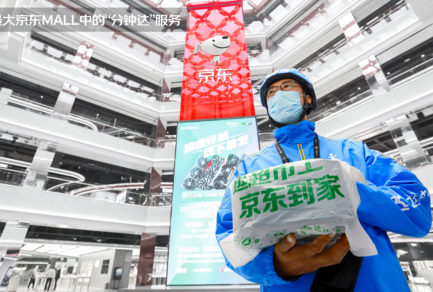Feb 17, 2020|
In-depth Report: SEVEN FUN – A SOLOMOME Paradise
By Yuchuan Wang
SEVEN FUN is scheduled to open again on the 17th of February after a break during the coronavirus. At that time, people like Ms. Wu and Ms. Wang might have come back to their office again and so does Qingfei, will have begun another day on his journey at SEVEN FUN, to make it better.
Ms. Wu is a 30-year old single white collar in the finance industry. She spent the first four years of her career in Shanghai before moving to Beijing in 2019, with her office at Chaoyangmen SOHO, a popular commerce-and-office complex in Beijing. When I met her, she was with her colleagues in the newly opened SEVEN FUN located on the ground level of SOHO, enjoying barbeque chicken accompanied by a cool mug of craft beer.
Located on the second ring road in Beijing, Chaoyangmen SOHO together with Galaxy SOHO is a huge complex, adjacent to China’s Ministry of Foreign Affairs in the east and connecting with China’s earliest belt subway Line 2 and also Line 6 to the north. There are over 200,000 business professionals who commute and work within a one km radius of SOHO, and Ms. Wu is one of them. She spends about 13 hours on average a day there, usually rushing to the office around 9am, grabbing a cup of coffee and Chinese buns on the way to her desk, holding meetings in the office, and working until deep into the night.
Working professionals spend a significant amount of time in the offices, which has given rise to consumption demand and solutions rooted in “office scenarios”, seen by many as the third space outside of home and office. On lower levels of SOHO, restaurants, eateries, coffee shops, convenience stores, vending machines, laundry shops and gyms are all serving the working professionals in the vicinity, while new businesses are also exploring innovative models and different positioning to succeed in the so-called “third space”.
SOLOMOME
SEVEN FUN is the new lifestyle space opened by 7FRESH – the fresh food business and supermarket chain developed and owned by China’s largest retailer, JD.com. Just opened this past Christmas, it’s located on the B1 floor of SOHO, closely next to a mom and pop store.
Entering SEVEN FUN, it’s quite difficult to determine if it is a supermarket, a restaurant or a bar. Indeed, the space defies labels. It adopts a pioneering model and provides a “SOLOMOME” (social, local, mobile and personalized) offline experience, competing with Starbucks to create a “third space”.
The store is nearly 1,000 square meters in size and offers flowers, daily groceries, fruit, baked goods, and coffee – but these account for less than half of the area. Meanwhile, at a large corner area are wines and liquors from around the world.
The other 550 square meters of SEVEN FUN has been designed into a large food and beverage area. The bartenders can serve you cocktails, craft beer, red wine; you can even have burgers & steaks here. The center of the bar has been built as a mini-stage intended to host a live band. The bar is surrounded by 12 best-selling eateries, including a Guizhou cuisine “must-try” on the food app Dianping, which hosts consumer reviews of restaurants, similar to Yelp and TripAdvisor. Other restaurants include a Chongqing-style noodle shop called “Zhaozaier”, an izakaya, a Beijing-style barbeque and a North Korean cold noodle shop, among many others. Customers like Wu may pick a table and choose one of the 180 high and low chairs evenly spread between the bar and the eateries.
Food, drink, and social space
“We offer 3,500 different kinds of products in this inaugural SEVEN FUN, of which over 1,400 are food and beverage. Two thirds of the store area are dedicated eatery and bar area, providing breakfast, lunch, afternoon tea, dinner and drinks late into the midnight,” Qingfei Zhang, the store manager of SEVEN FUN, said. “Every evening when the clock points to 6pm, the lighting and music will change to encourage a leisurely evening cocktail environment.”
Compared with the traditional 7FRESH supermarkets, SEVEN FUN is designed in multiple warm bright colors and doesn’t sell live seafood or vegetables. Even the fruit, salad and ready-to-heat items are all packaged in small portions. It also serves as a gathering place that offers live performances, themed parties and can even be rented out to serve as a social or networking space. Consumers within one kilometer radius can also order anything in the store online to be delivered to their doorstep.
“I cannot remember how many times I came to SEVEN FUN during the last two weeks, but it was certainly at least seven times. I love the style and the design. My colleagues and I enjoy spending time here, it’s just an elevator ride for us,” Ms. Wu told me. “It’s quite bold to launch such a business model since you don’t see any bars in this building, but it’s fast becoming my personal convenience store as well as my evening eatery.”
I ran into Ms. Wang when she stepped out of SEVEN FUN with her boyfriend. She is a 24 year-old graduate who has been in her job for less than a year. Just like Ms. Wu, she and her boyfriend also work in SOHO but she shares a different perspective: “I think it’s a bit expensive to shop at SEVEN FUN. I do buy some snacks and fruit here once or twice a week, but I’d rather eat at my company’s cafeteria which is on average 10 yuan cheaper for a meal. The night life doesn’t really appeal to me, and I want to go home after a long day at work.”
“Some of our customers haven’t yet realized their need for high quality products and for a social space. But when they are awakened to it, SEVEN FUN is ready to provide,” Jiang Li, Head of SEVEN FUN said. “Our model is a combination of dining + drinking + social. We believe fine wines and cuisine provide a relaxing and needed cohesiveness for busy working professionals.”
Actually, the operation of the store is quite smart. JD rents the restaurant space to the owners of eateries and supplies drinks from its own supply chain to the bars, and so addresses the needs for the central kitchen and food supply chain. In essence, it’s making the store model profitable even faster than traditional ones. It also adopts a partner model that encourages the core team of SEVEN FUN to become store partners. Li is very confident about the business model. He believes SEVEN FUN’s operating will break even within this year. Indeed, the second SEVEN FUN store is in the pipeline to be opened in Beijing’s THE PLACE in the coming months. SEVEN FUN may serve as a brand new model for the bricks-and-mortar industry, which has been undergoing significant changes.
Store Innovation
As one of JD.com’s key omnichannel retail offerings, 7FRESH has opened over 20 stores across China in regions including Beijing, Hebei, Shaanxi, Guangdong, Sichuan and others. Under the 7FRESH business, there are already three store formats including 7FRESH supermarkets with an area of several thousand square meters mainly providing fresh food, live seafood and in-store restaurants; 7FRESH LIFE which is hundreds of square meters in size providing 24/7 community fresh food and meal-time solutions; and, SEVEN FUN targeting working professionals in large cities.
Jonathan Wang, the head of 7FRESH, offered his perspective: “The factors driving global retail transformation are quite simple: channel reformation, supply chain management and store format innovation. China is already leading the global retail industry in channel reformation and digitizing the supply chain, but is still lagging behind the leaders such as the US and Japan in terms of store innovation.” The launch of SEVEN FUN is one clear way JD is looking to put a jewel in its crown. Future expansion of SEVEN FUN is expected to focus on tier-one cities, targeting working professionals with annual income of over RMB 100,000.
The fresh foods business is one of the most rapidly developing sectors in China. China’s fresh food industry has experienced significant disruption this past year. The industry has seen a large number of fresh food e-commerce companies, including Yiguo, Dailuobo, Wo Chu, Bee Quick, Jijixian and Miaoshenghuo and many others encounter finance problems and ultimately shutdown. Capital-intensive fresh food start-ups collapse in an instant. In addition, that many traditional offline grocery giants have invested heavily in omnichannel has pushed to break the boundary between offline and online but few has been successful.
At the same time, Alibaba’s Freshippo opened its seventh retail format “Hemali”, a shopping center targeting community consumption located in Shenzhen. JD.com’s 7FRESH announced its upgrade as a meal-time solution provider right after Jonathan Wang took leadership of the business in early 2019 with immediate actions following to expand dining areas in 7FRESH stores and the opening of two new stores in December.
Why has this huge contrast occurred between start-ups and established giants? What are the driving factors behind the giants?
Speaking of the fresh food industry, we have to talk about supply chain capability. Supply chain is how a retailer can get products to consumers while maximizing the efficiency and minimizing the cost, as the lifeline to retail. To JD.com, it’s also the corner stone of the business. JD most recently announced that the company has positioned itself as a technology and service company with supply chain at its core. The capability which requires long-term investment and development has also become JD’s most competitive strength in the rapidly developing market.
JD.com started investing in its own logistics network in 2007 when the logistics infrastructure in China was poor. The company launched its online fresh food business in 2012. As of now, JD.com is able to deliver approximately 90% of orders on the same or next day. Behind this is the world’s leading logistics infrastructure of more than 650 warehouses and also the application of advanced technologies such as artificial intelligence, big data, automation and robots.
Omnichannel
In the meantime, omnichannel has become a universal trend for every player in the global retail industry. As the company once claimed about the 7FRESH business: 7FRESH is not purely an offline store. It’s born from JD with online capability from day one. The integration and synergy of location selection, assortment management, pricing, replenishment and marketing online and offline has paved a new path for JD to truly provide omnichannel retail: same product, same service, same price, same inventory and same customer experience.
Leveraging the strong supply chain and omnichannel ability, JD has no doubt become an iconic leader and a trusted platform in the fresh food industry. For example, during the novel coronavirus outbreak which is ongoing in China, JD is among the very few platforms that still operates and offers adequate supply and timely distribution of fresh produce. Since the outbreak, the company has seen an increase of 215% for fresh food compared with the same period last year.
Its newly launched “National Fresh Produce Green Channel”, is helping needy farmers sell products through JD’s channels, as road closures and transportation restrictions have been carried out to prevent the spreading of the virus. Apart from performing strict disinfection measures in nationwide stores, 7FRESH is recruiting short-term staff from restaurants, hotels, cinemas and other retail establishments that are temporarily closed.
(yuchuan.wang@jd.com)

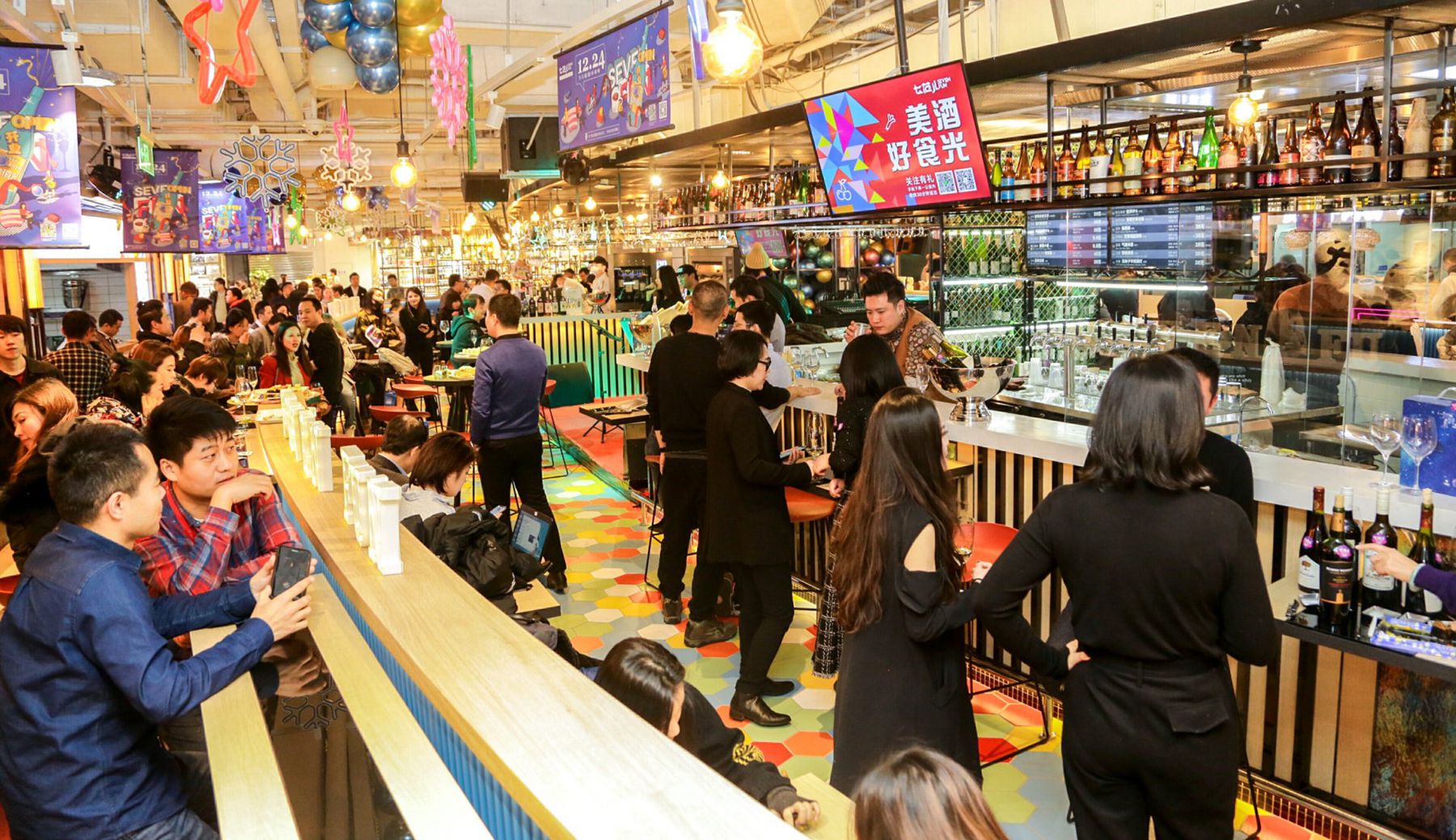
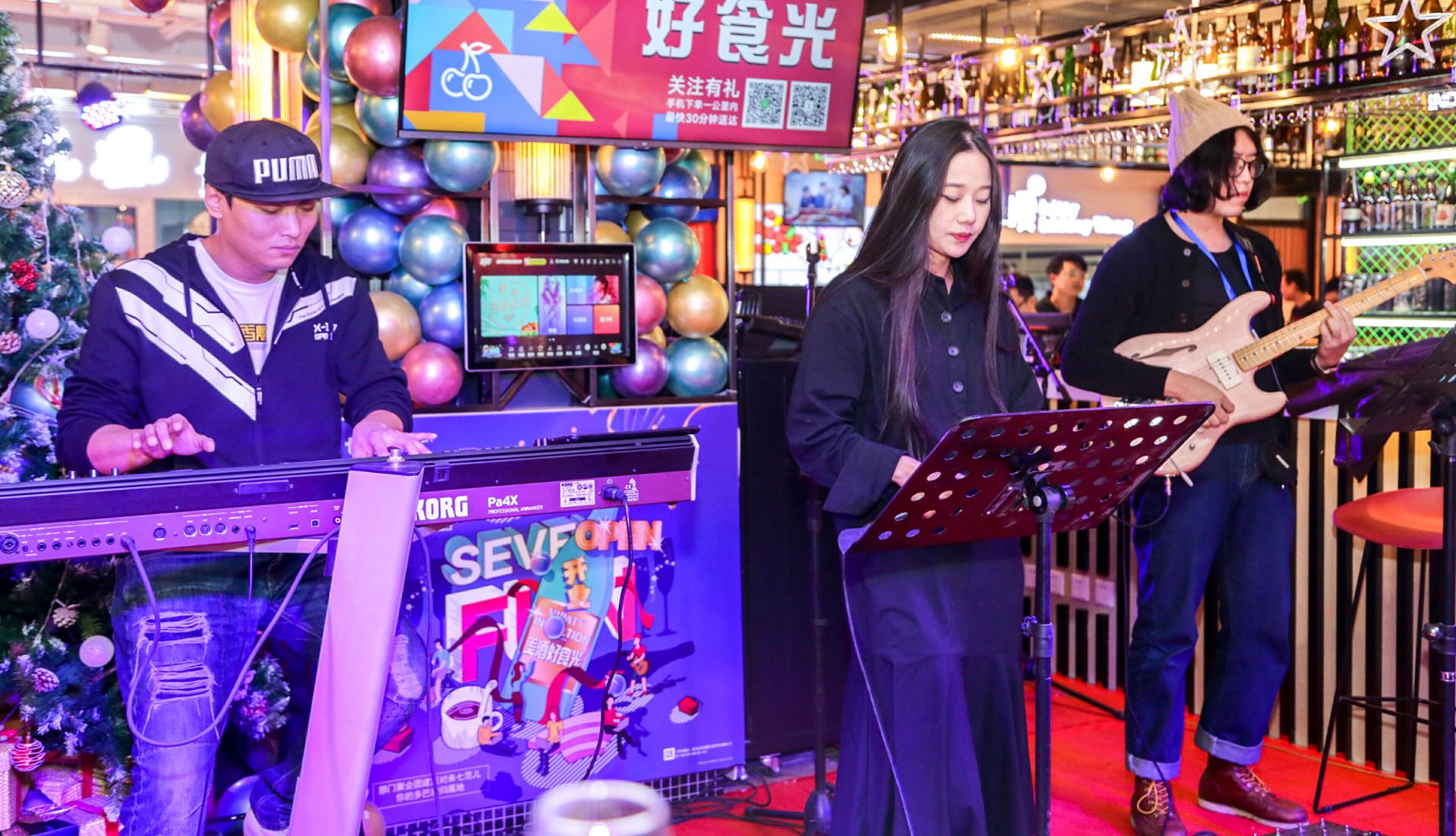
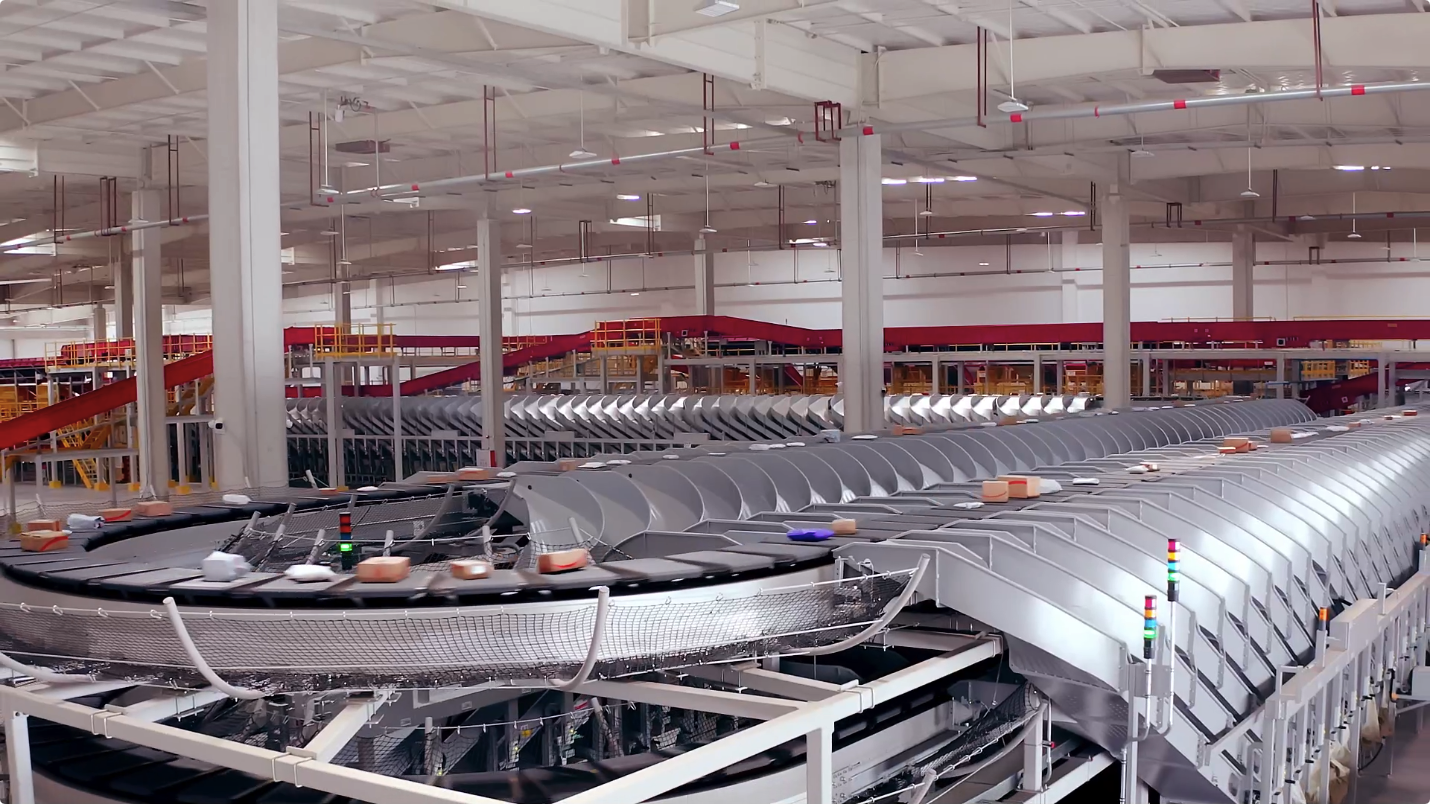



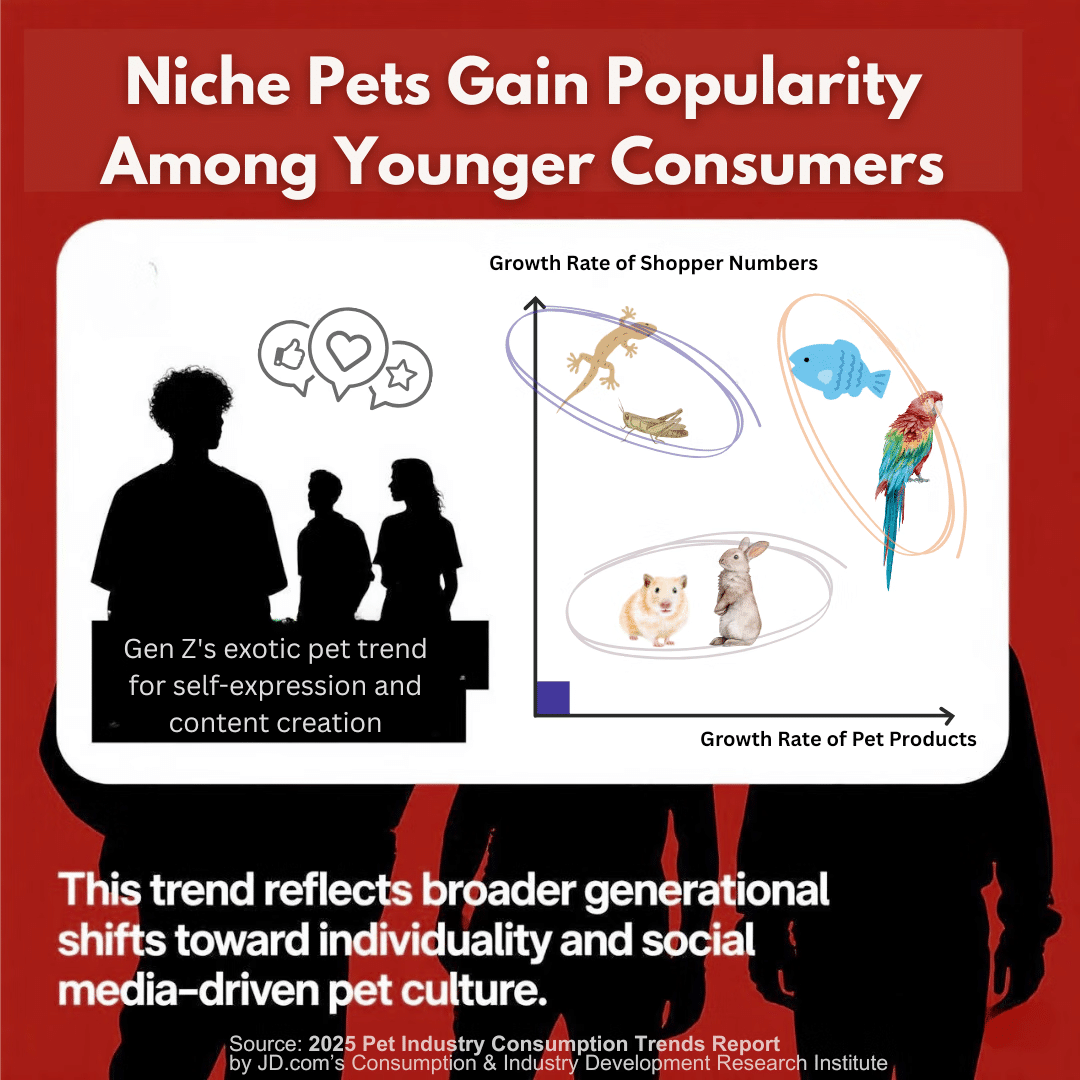
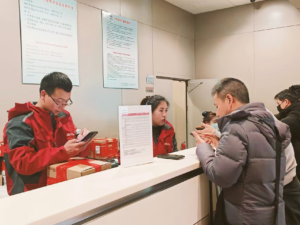 This Harbin tourism boom has also spurred a surge in sales of winter apparel. JD.com’s data indicates a rapid growth in the sales of warm clothing items such as down jackets, snow boots, and thermal underwear between January 1st and 7th. The sales growth is especially pronounced in southern provinces and cities such as Jiangsu, Zhejiang, Guangdong, Sichuan, and Shanghai. Notably, tall snow boots registered a 206% year-on-year increase in transactions, while padded cotton caps and thickened long down jackets soared by 158% and 134%, respectively. Beyond clothing, travel gear has also seen a considerable uptick, with a 98% year-on-year growth in transactions for large suitcases and travel backpacks in these southern regions.
This Harbin tourism boom has also spurred a surge in sales of winter apparel. JD.com’s data indicates a rapid growth in the sales of warm clothing items such as down jackets, snow boots, and thermal underwear between January 1st and 7th. The sales growth is especially pronounced in southern provinces and cities such as Jiangsu, Zhejiang, Guangdong, Sichuan, and Shanghai. Notably, tall snow boots registered a 206% year-on-year increase in transactions, while padded cotton caps and thickened long down jackets soared by 158% and 134%, respectively. Beyond clothing, travel gear has also seen a considerable uptick, with a 98% year-on-year growth in transactions for large suitcases and travel backpacks in these southern regions. In-depth Report: JD’s Largest Logistics Park Drives Business
In-depth Report: JD’s Largest Logistics Park Drives Business

